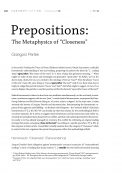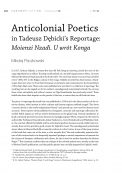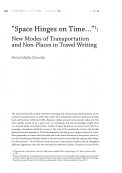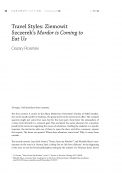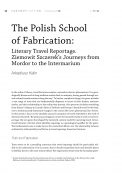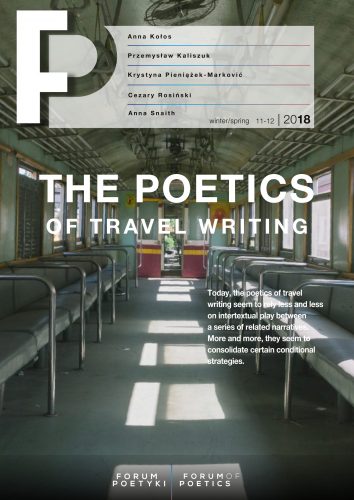
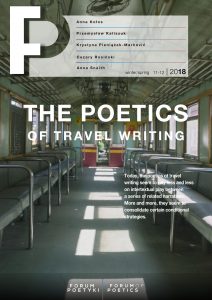 In analyses that continue to dominate the field today, travel writing is framed as one of many possible textualizations of the places visited by their authors. These textualizations are suspended in rhetorical tension or conflict with other forms of textual rendering, and the agents behind them tend to retain the status of Roland Barthes’ historical “scriptors.” The growing relevance of travel writing as a subject for philological reflection seems to stem, however, from several other cognitive impulses. (...)
In analyses that continue to dominate the field today, travel writing is framed as one of many possible textualizations of the places visited by their authors. These textualizations are suspended in rhetorical tension or conflict with other forms of textual rendering, and the agents behind them tend to retain the status of Roland Barthes’ historical “scriptors.” The growing relevance of travel writing as a subject for philological reflection seems to stem, however, from several other cognitive impulses. (...)
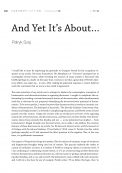
I would like to start by expressing my gratitude to Grzegorz Pertek for his scrupulous response to my article. His essay Prepositions: The Metaphysics of “Closeness” prompted me to contemplate several issues, while revealing the nuances of many matters I discussed only briefly (perhaps to a fault). (...)
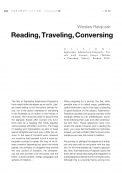
The title of Agnieszka Adamowicz-Pośpeich’s book might strike the reader as an odd fit. Literary travel writing is not the book’s primary focus, nor is the author interested in wandering in the footsteps of an author or the heroes of his prose. (...)
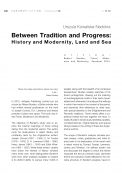
Places have deep associations; places have story to tell…
Robert Burden
In 2015, Ashgate Publishing Limited put out a book by Robert Burden, a British scholar who had written several publications on the work of Joseph Conrad, D.H. (...)
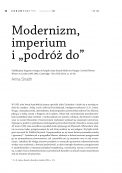
We publish Polish translation of the fragment of Anna Snaith’s Modernist Voyages: Colonial Women Writers in London, 1890–1945, Cambridge University Press 2014, pp. 15-28.
See the book.

 In analyses that continue to dominate the field today, travel writing is framed as one of many possible textualizations of the places visited by their authors. These textualizations are suspended in rhetorical tension or conflict with other forms of textual rendering, and the agents behind them tend to retain the status of Roland Barthes’ historical “scriptors.” The growing relevance of travel writing as a subject for philological reflection seems to stem, however, from several other cognitive impulses. (...)
In analyses that continue to dominate the field today, travel writing is framed as one of many possible textualizations of the places visited by their authors. These textualizations are suspended in rhetorical tension or conflict with other forms of textual rendering, and the agents behind them tend to retain the status of Roland Barthes’ historical “scriptors.” The growing relevance of travel writing as a subject for philological reflection seems to stem, however, from several other cognitive impulses. (...)






